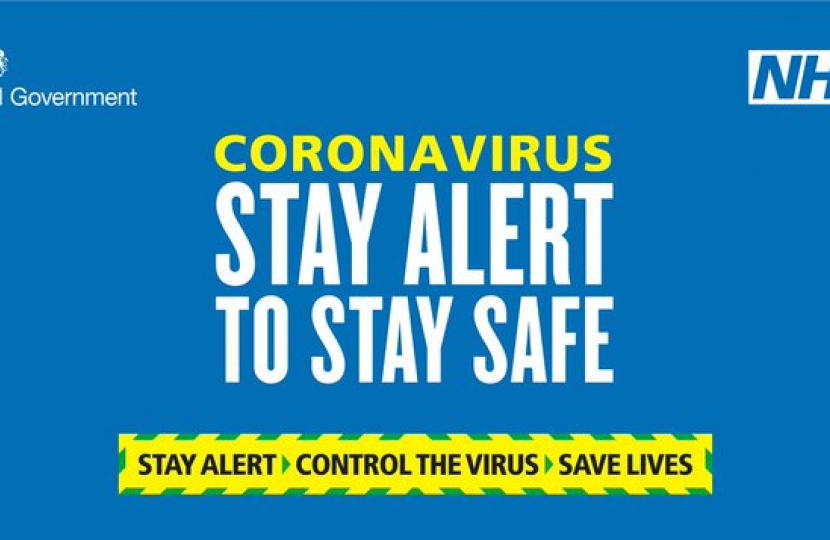
Education and childcare settings: New National Restrictions from 5 November 2020
Schools, colleges and universities remain open. The Government will continue to prioritise the wellbeing and long-term futures of our young people and will not be closing core educational facilities, like early years settings, schools, colleges, universities and vocational training centres. It remains very important for children and young people to attend, to support their wellbeing and education and help working parents and guardians. Senior clinicians still advise that school is the best place for children to be, and so they should continue to go to school. Schools have implemented a range of protective measures to make them safe. For those who are home-schooled, pupils can still access education and training in community settings where needed to receive a suitable full-time education.
The Government have been clear that exams will go ahead next summer, as they are the fairest and most accurate way to measure a pupil’s attainment. We therefore need to keep schools and colleges open so that children are able to keep progressing towards exams and the next stage of education or employment. Students now have more time to prepare for their exams next year, as most AS, A levels and GCSEs will be held 3 weeks later to help address the disruption caused by the pandemic.
Universities have welcomed back students and we have published guidance advising universities on reopening to ensure they have safety measures in place to minimise the spread of the virus. Universities and adult education settings should consider moving to increased levels of online learning where possible.
Childcare and children’s activities
There are several ways that parents and carers can continue to access childcare during the national restrictions:
- Early years settings and childminders remain open, and you can continue to use these settings as normal
- You can access other childcare activities (including wraparound care) where reasonably necessary to enable parents to work, seek work, attend education or training
- Nannies will be able to continue to provide services, including in the home
- Parents are able to form a childcare bubble with one other household for the purposes of informal childcare, where the child is 13 or under
- Some households will also be able to benefit from being in a support bubble, which allows single adult households to join another household
Some youth services are able to continue, such as 1-1 youth work and support groups, but most youth clubs and groups will need to cease for this period.
